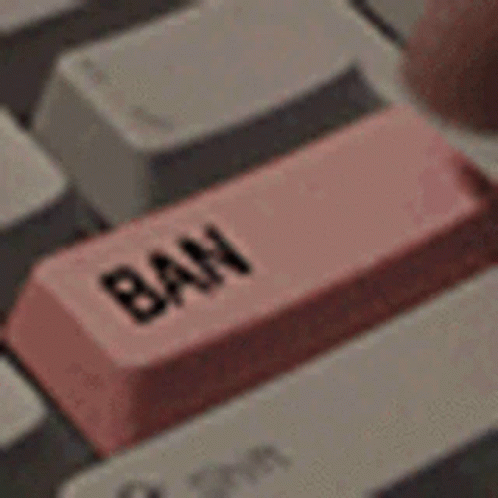Nitpick time: File this under “wrong usage of -eth when trying to sound medieval”. That particular usage became “-es” in modern English, and if you make that replacement in this comic (cometh → comes), it’s immediately clear that it’s wrong. “Come onward” would have been just fine, but that, of course, looks far too modern.
I mean, you could read it as being deliberately demeaning or objectifying - she is being a hard taskmaster - but I don’t think that was the intention here.
If she has permission - or dares take the initiative - to use the familiar form of address, she could try “Now, come thee onward!”, keeping both that “th” that was wrong before, as well as the syllable count. Might still be a bit weird in context, but not grammatically.
She does say ‘thee’ in the other panel so familiarity is established.
Anyway, even without knowing the rule, you can sense something is wrong by saying it out loud. I don’t know if there are examples of turns of phrase staying in use when they don’t flow well in spoken language?
That’ll be me fixating on the grammar of one panel and forgetting everything else then.
are armbands and knee bands to keep your joints from popping out of place when you’re lifting heavy stuff?
No. They’re support, rather than protection. For people with messed up knees, it keeps the knee from wandering away under the skin, or the muscles from moving wrong. The muscles do all the work, the bands just keep everything in it’s right place.
So, yes?
I’m also leaning toward yes after hearing the answer, hahah
No you said to prevent it from popping out of place, he is saying it’s to stop from wandering. Huge difference.
Does wandering sometimes lead to popping out of place?
It may seem that way, but in reality they’re both exactly the same.
It’s like the difference between wandering over to your local coffee shop, vs. popping in.


